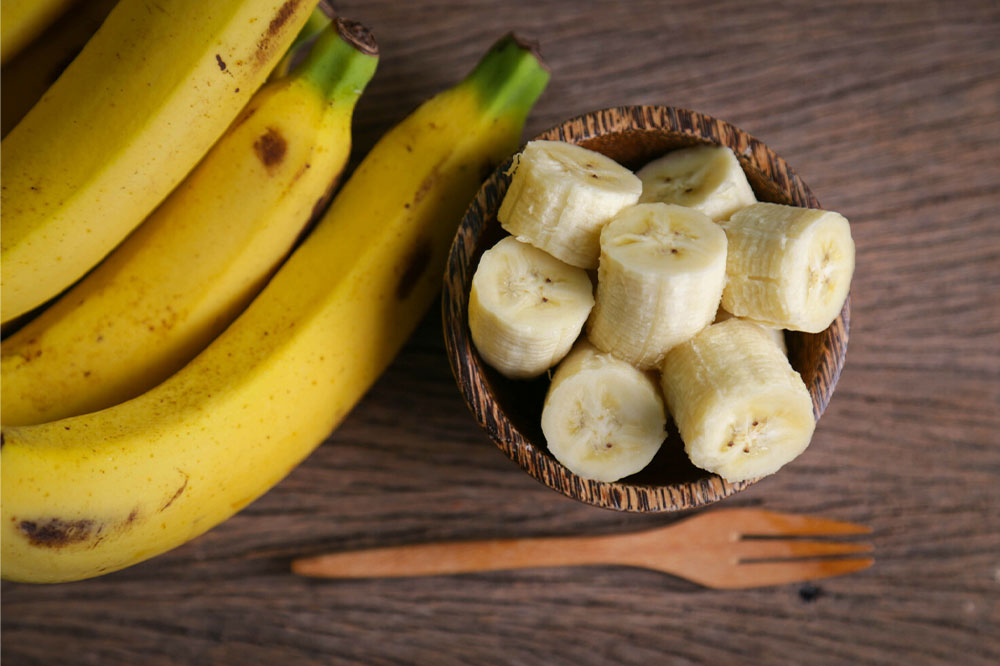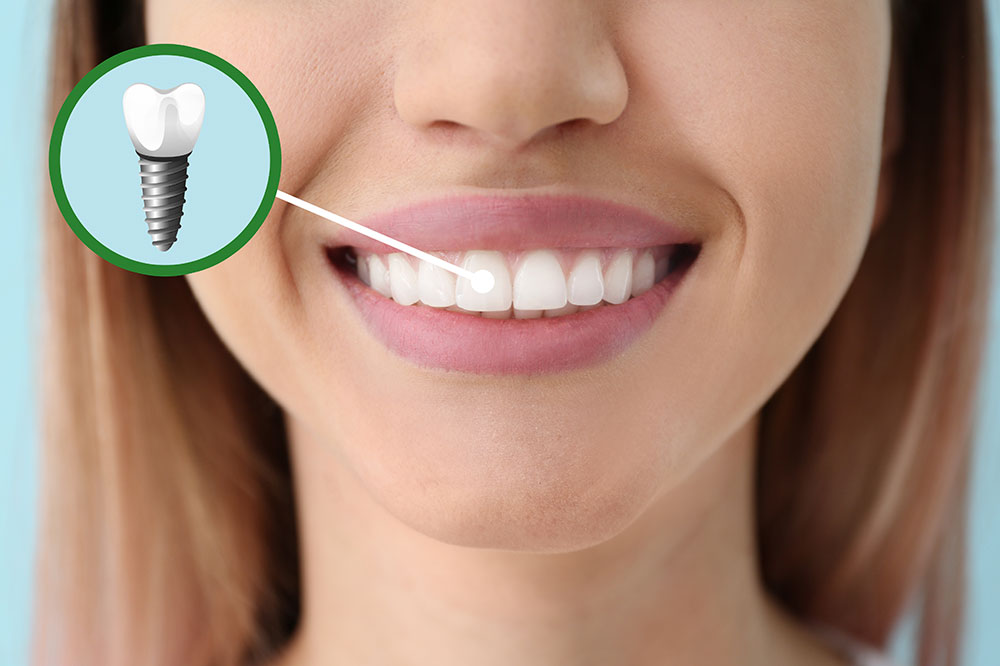14 Human Foods That Are Safe for Cats

Being a feline parent comes with a plateful of joy and a side of responsibilities. As a pet parent, you must ensure your feline’s health and well-being are taken care of. While cats will always enjoy the thrill of snatching food right off your plate, that doesn’t necessarily mean the food they grab is healthy. For starters, their nutritional needs differ from yours. Knowing which foods are safe and nutritious for cats allows you to provide variety and additional nutrients for them.
Cooked chicken
Cooked chicken is a rich source of protein and is among the human foods that can be safely included in the cat’s menu. You can offer them small, boneless pieces as treats. Or you can add a few pieces to regular cat food to make their meals more wholesome. Chicken provides essential amino acids, vitamins, and minerals, promoting healthy muscle development and overall growth in cats. But just because it is a cat-safe food, that does not mean you can feed it to your cat with seasonings and spices. All you need to do is ensure that the chicken is thoroughly cooked.
Salmon
Everyone knows about the various health benefits fatty fish carries for humans. But did you know that the omega-3 fatty acids salmon boasts about also benefit cats? This delicious human food is safe for cats and highly beneficial for their coat. You can cook and serve it without any flavorings. Make sure to debone it so the fish does not become a choking hazard for your cat. Avoid feeding raw or smoked salmon, which may contain parasites or harmful bacteria. Start with small portions so your cat has time to adapt to it, and you can ensure they tolerate it well and gradually increase the quantity.
Pumpkin
Pumpkin is a great source of fiber and can help cats with digestive distress. You can serve it mashed, cooked, or pureed. The fiber in pumpkin helps regulate bowel movements and can alleviate constipation or diarrhea in cats. Like other human foods, make sure you use plain pumpkins with no added salts, sugars, or other additives. Remember to check the label before sharing it with your feline companion if you are using canned pumpkins.
Blueberries
Blueberries are known for their high antioxidant content. These nutrient-dense fruits are a pick-me-up treat for humans and their feline companions. Blueberries, aside from other essential nutrients, are high in vitamins K and C and are low in calories. Offer a few blueberries as a snack or mix them into their food. Remember to wash the blueberries thoroughly and remove any stems before serving them to your cat.
Green beans
Green beans are a low-calorie vegetable that can be added to your cat’s food for some extra nutrients. They are a good source of fiber, vitamins, and minerals. Cooked green beans can be served as a treat or mixed with regular food. Ensure that the beans are plain, without any seasoning or additives.
Eggs
Eggs are a great source of high-quality protein for cats. They can be cooked, scrambled, or boiled without additional oil, butter, or seasoning. Eggs provide essential amino acids and vitamins that support a cat’s health. Start by offering a small amount of scrambled or boiled egg and monitoring your cat’s response to ensure they tolerate it well.
Plain yogurt
Plain yogurt can be a beneficial addition to a cat’s meal as it contains probiotics, which promote healthy digestion. It is important to choose yogurt that does not contain artificial sweeteners or added sugars, as those can harm cats. Offer small amounts of plain yogurt as an occasional treat or mix it into their food for added probiotic benefits.
Carrots
Carrots are a crunchy and nutritious vegetable that cats can enjoy. They are a good source of vitamins, minerals, and fiber. Cooked or steamed carrots can be offered as small, soft pieces or grated over their food. Introduce carrots gradually to your cat to ensure they are easily digested.
Sweet potatoes
Sweet potatoes are a nutritious root vegetable that can offer cats added vitamins and fiber. They can be cooked, mashed, and served in small portions as an occasional treat. Ensure the sweet potatoes are plain, without added spices, seasonings, or sweeteners.
Turkey
Cooked, plain turkey can be a healthy source of protein for cats. Removing the skin, bones, and excess fat before offering it to your cat is important. Turkey provides essential amino acids and can be served as small, shredded pieces or mixed with regular food.
Tuna
Tuna is a favorite among many cats and can be a good source of protein and omega-3 fatty acids. However, it should only be offered as an occasional treat due to its high mercury content. Opt for canned tuna in water, and avoid tuna packed in oil or with added seasonings. Excessive tuna consumption can lead to nutrient imbalances, so moderation is key.
Green leafy vegetables
Leafy greens like spinach, kale, and lettuce can provide cats with added vitamins and minerals. These vegetables are best served cooked or steamed to improve digestibility. Offer small, finely chopped portions of greens as a complement to their regular food. It’s important to note that some cats may be less inclined to eat leafy greens, so introduce them gradually and observe your pet’s response.
Cottage cheese
Cottage cheese is a good source of protein and calcium for cats. Choosing plain, low-fat cottage cheese without added salt or seasonings is important. Offer small amounts as an occasional treat, or mix them into your pet’s food for added protein.
Watermelon
Watermelon is a hydrating fruit and can be safely fed to cats in small quantities. The texture and high water content make it one of the most enjoyable and safe human foods for cats. It also provides high quantities of vitamins A and C. Remove the seeds and rind before offering small, bite-sized pieces to your cat as a refreshing treat.






